|
There are a number of different radon mitigation companies in Wisconsin and just like any other home service, choosing the right contractor can become daunting! Here are some tips and tricks to help determine which radon mitigation companies may be right for you.
Radon mitigation companies in Wisconsin do not need to have an industry specific, state licensure. When we explain this to customers, typically, they are beyond concerned. Most often I hear things like, “you are telling me I could hire someone that is drilling holes into my foundation and they don’t need to have any license or certification by law in Wisconsin?!” And the answer it yes, unfortunately that is true. In Wisconsin, if you wanted to start a radon company tomorrow, there are no industry specific licenses or certifications that are holding you back from doing so. Despite this, however, there are national certification boards that do issue radon mitigation and radon testing specific certifications. These certifications typically require classes, relatively difficult tests taken under strict supervision that must be passed prior to certification, as well as continuing education that must be completed every two-years to ensure the contractor is up to speed on any nuances and/or changes in installation or testing protocol. While there are no state laws or licenses required, the Wisconsin Department of Health does recommend that homeowners hire a “certified professional” and they do carry a database of the nationally certified radon pros that do business in the State of Wisconsin on their website. When choosing a radon mitigation company in Wisconsin, determining that they are a nationally certified contractor through AARST (American Association of Radon Scientists and Technologists) and the NRPP (National Radon Proficiency Program) would be the first place to start your vetting process. After you narrow down your list of nationally certified radon companies in the area, it is important to check with friends, neighbors or even family members and see if they have any recommendations. If no one you are very close with has had radon testing or radon mitigation performed, spread the word about the dangers of gas and check with your local realtors and home inspectors to find out who they may use or recommend. Typically realtors have to deal with radon contingencies in their transactions and they will have a pretty good idea of who are the good radon contractors in the area and who are the bad radon contractors in the area. Similarly, home inspectors inspect a lot of homes and many times perform radon testing themselves. Because of this, they see and inspect many radon systems on a daily basis and may even have some mitigation contractors they refer customers to when radon tests they perform come back elevated. Do not underestimate the importance of what I would call “first person references.” That is, referrals from people you know and trust. Once you obtain your first person references, compare that to your list of nationally certified radon companies and make sure the references you have received are also certified! After first person references, websites like Home Advisor, Angies List, Google and even Facebook are great 3rd party reference sties to check out because in this day and age, many people will share their experiences with these sources online. Moreover, these aforementioned sites are also a bit more strict in allowing/sifting out real reviews (particularly Angies List/Home Advisor). Once your short list of national certified radon contractors is vetted through both review sites and personal references, look into contacting those radon mitigation companies and be sure to ask some very specific questions. Take note of response times, who answers the phones right away, and any other customer service red flags that may help narrow your list further during the process. Below is a list of a few questions you should ask when vetting a radon mitigation company: 1. Do you carry insurance? Is so, may I have a copy of your proof of insurance? This is important because you can check to see if the insurance coverage they carry is acceptable for your project or property. Moreover, if they do not have insurance, its a pretty good indicator you should stay away from that particular radon mitigation contractor. 2. Do you use a licensed electrical contractor and do they pull the proper permit for the work performed? This is super important for a few reasons. The first is that while the State of Wisconsin does not have any certification or industry specific license requirements for radon mitigation contractors in WI, they do have electrical codes that must be met and followed. The code requires that an electrical disconnect be installed within 6-ft of the outdoor appliance and within the line of sight. It also states that any electrical work needs to be done by a licensed electrical contractor and requires a permit. By failing to pull a permit you could risk fines or even issues closing on your home if you are in a real estate transaction. Unfortunately, many radon mitigation contractors in Wisconsin do not use electricians or pull permits. In fact, most radon mitigations companies in WI do their own electrical work. This is a huge risk to you as a homeowner for a few reasons but mainly because as an unlicensed electrical contractor, if someone were to get injured or damage to the home occurred while performing electrical, the radon mitigation company’s insurance could deny the claim because they are working “outside of their scope of work.” The liability and/or damages to property could fall on you as a homeowner. Moreover, many contractors use “plug and play” solutions or low voltage vans. While this may seem appealing for cost savings reasons, we have found these options to be flawed for a few reasons. The first is that it is viewed as somewhat of a loophole in the industry and while Wisconsin currently does not have any state radon standards or requirements currently they are moving closer toward that everyday. Expect that many of those fans would need to be replaced should future legislation come to fruition. The second reason is failure rate. We replace more low voltage fans and “plug and play” fans within the first couple years in service than any other models. Additionally, most who replace them don’t want to deal with the fan going bad again so they opt to replace it with a traditional fan - which then requires electrical - and now the replacement cost is 2x the cost it would be with a traditional fan in the first place. 3. Does your service include a guarantee to lower the radon levels below 4.0 pCi/L and include a radon mitigation retest? If so, what type of retest is included - is it a do-it-yourself, 3rd party charcoal radon test or is it a digital retest done by the radon mitigation company themselves? Understanding guarantees can give you a lot of peace of mind and also understanding about the radon mitigation companies policies and procedures. Most quality radon mitigation companies in WI should guarantee the radon levels below 4.0 pCi/L. However, it is not uncommon for companies to not guarantee the levels below the EPA action level if the foundation isn’t properly sealed (as this is a deeper foundation issue) or if there are other foundational construction aspects like dirt and gravel crawlspaces that are not addressed during the 1st phase of the radon mitigation system installation. Moreover, understanding the type of testing post mitigation is extremely important, especially if you are in a real estate transaction. See our explanation on different types of radon testing options in our radon testing near me blog post. It is important to choose a company who’s post mitigation radon testing procedure work best for you and your situation. 4. What warranties come with the system and the components? Do you offer any warranties on your workmanship? This is an important issue to address and one that you should definitely get in writing. Warranties are only as good as the companies providing them so look at the amount of years the company has been in business and take that into consideration. We often get calls to service systems when they were installed by a radon mitigation company who is no longer in business or the contact number on the paperwork/system labeling is now disconnected. Most radon fan manufactures provide a 5-year manufactures warranty. Anything less than that should be a red flag and more than likely not a professional grade product. Menards and Home Depot often sell “homeowner grade” radon fans that only carry a 90-day warranty. Some contractors may grab these for convenience or in a pinch and install them as a contractor grade radon fan. This ends up coming back to bite you as the homeowner should you have a warranty claim! 5. Does your company have w2 employees or do you use 1099 contractors? Some companies have employees while others hire independent contractors to sub-contract the work for them. The issue with 1099 contractors is typically quality control, liability and unreliable communication. While I am sure there are good and bad companies on both ends of the spectrum, we have found in our experience that companies who hire employees rather than independent contractors stand behind their work, fix liability issues more diligently because there is more risk to their brand and reputation and answer communications more diligently as everyone works together under one roof. Moreover, theoretically, companies that hire 1099 contractors make their profit on up-charging the sub-contractors price for the job. This can, in some instances, lead to higher prices and poor quality as it is to the advantage of the prime contractor to find the least expensive sub-contractors and charge the highest price for maximized profits. Hopefully these tips will help you determine the right radon mitigation company for your project. Lifetime Radon Solutions, Inc. has been in business for just over 25-years and we have experience in tens of thousands of residential and commercial radon mitigation and vapor intrusion installations all over Wisconsin and much of the midwest. While I like to believe we are the best company in the country doing this work, I realize our methodology may not work for some homeowners, nonetheless, we wish to use our expertise in the radon industry to help you address this very serious concern. Whether you are looking for a radon company in Wisconsin or you live somewhere else, my team and I would love to offer help and guidance in the matter should you have any other questions about qualified radon mitigation companies!
0 Comments
You may be asking yourself if radon testing is important in your area. Or maybe you have heard the buzz about the exposure of radon gas and you are asking yourself do neighbors or others in the area actually have radon mitigation near me? We have some answers to these questions and some of the answers might surprise you! Let’s start with understanding some basics about radon gas and why you should care in the first place. Radon gas is a natural occurring soil gas that is derived from the breakdown of uranium product present in the soil. Because it is derived from uranium, radon is highly radioactive. In fact, radon is the #1 source of radiation you will be exposed to during the course of your life! While radon is natural occurring and present EVERYWHERE around us (including the fresh, outside air) it can grow to higher levels in confined spaces like your home or workplace. It is estimated that the average outdoor radon concentrations hover somewhere between 0.3 pCi/L and 0.7 pCi/L while the EPA and other local health organizations place the indoor action level at 4.0 pCi/L. Interestingly enough, other health organizations outside the United States, have set the action level at 2.7 pCi/L. Therefore, after these “conflicting action levels” have arose, the EPA has since updated their action level guidance to say one should highly consider radon mitigation if there levels are between 2.0 and 4.0 pCi/L. However, to be clear, the current EPA action level in the U.S. remains at 4.0 pCi/L but those with levels between 2.0 and 4.0 pCi/L are highly encouraged by the EPA to take action as levels can also fluctuate from season to season. While all of the action level guidance is important and good to know, it is even more important to understand that no level of radon is known to be “good” or “healthy.” There is a lot of conflicting data online about this and many who claim that low levels of radon and radiation in general is somehow good for the body. While there isn’t much evidence to support this, there is a lot of compelling evidence to support the correlation that prolonged exposure to elevated levels of radon significantly increases the risk of developing radon related lung cancer. Moreover, it is also understood that many in the population, including children, have a propensity to be more sensitive to radon (and even other radiation exposure) and thus, may have an ever greater likelihood of cancer development under the same exposure as those without sensitivities. At the end of the day, I think it is important to look at the facts. The fact of the matter is, radon is considered a Class A Carcinogen meaning there is enough scientific data present to determine that it does cause cancer in humans. Is there radon testing near me?The simple answer to this question is yes - more than likely. The United States EPA recommends that every home be tested for radon gas. That is correct - every single home. There are a lot of misconceptions and even misinformation surrounding which homes should test for radon, however, there are way too may factors to consider and it is truly not possible to know whether a home has a radon problem or not without testing. In other words, the only way to truly know if you have a radon problem is to test your home. Thankfully, technological advances and the dynamic economy we live in allow for very affordable home radon testing options no matter where you live! In most cases, there are 3 different options a home or business owner has for testing their property: 1.) do-it-yourself radon test kits (typically through a 3rd party lab) 2.) professional radon testing done by a certified radon professional and 3.) home use continuous radon monitors. I believe there are advantages and disadvantages to all 3 options, however, what is most important is determining which is best for you and your situation and simply taking action no matter which you choose. Lets get to the pros and cons! At home, Do-it-yourself Radon Test Kit:The 2 advantages to these radon test kits are that they are very affordable and that they can be done virtually anywhere and anytime. If you are concerned and thinking, “I live in a secluded area, is there a radon testing professional near me?” Then this is an awesome option for you! If you live in a very rural area or somewhere that may be tough to find and hire a certified radon professional to test your home and you are looking for the most affordable option, you can easily order a do-it-yourself kit online for around $25! Further, the EPA also recommends that homeowners test their properties every 2-years or after any major renovations or foundation work (even if you already have a radon system in place). These test kits are great options for follow-up testing in these aforementioned scenarios because of their affordability and ease of use, especially if you already have a baseline radon test to compare to. The downside of these test results, however, is that you typically only get a simple “overall short-term average” and the test results will typically lack more advanced data and reporting that can give more information about your radon levels to you or a mitigation professional should you have an issue that needs to be addressed. Professional Radon Testing Near Me:If your you are in a real estate transaction and/or you want the most data available in terms of your radon results, this may be the best radon testing option for you! Most real estate deals that include radon testing will require a certified radon professional to do the testing. Moreover, professional radon testing monitors can typically give you more data to analyze like hour-by-hour averages, pressure changes in the home, temperature and humidity readings and even whether or not the radon testing unit was tampered with during the testing period. All of these factors help you or a radon mitigation professional determine important information like consistencies and/or inconsistencies in your radon readings and where those might derive from. On average, you are looking at around $125-$225 for a professional radon test but depending on where you live, it could be even more costly to find someone to come out to your home. The biggest downside of professional radon testing is it is a bit more expensive. Home Use Continuous Radon Monitors:Some brands have been around for awhile, but home use continuous radon monitors have definitely been on the rise in recent years and lots of new brands and models are available for sale on websites like Amazon or at other large retailers. In many cases, these monitors offer similar data to those used during professional radon testing BUT it is very important to note that these units are typically not certified for professional use and will most likely not be sufficient for real estate contingencies or other instances with formal testing requirements. Moreover, many homeowners find value in these monitors because in most cases they cost about the same as a single, professional radon test (on average about $125-$250 depending on the model) but you own it (so you can test/monitor your home whenever you want, wherever you want or even lend it out to friends or family). The last advantage to these home use monitors is that you can really get consistent, long-term data and long-term radon testing is considered the most accurate because there are more data points to average. The downside of home use continuous monitors is that they are not recognized in formal situations like real estate or HUD contingencies. Is there radon mitigation near me?Chances are yes, there are most likely radon mitigation systems installed near you! Radon mitigation is more of a concept or service than it is a product or one size fits all solution. While testing your home is the only sure way to know if you have a radon problem, many homeowners find value in walking the neighborhood to determine if there are radon mitigation systems installed nearby or in surrounding neighborhoods. The issue with this methodology is that many times, good radon mitigation contractors will work diligently to hide radon systems from the street view of the home in order to protect the aesthetics of the property. Some ways they do this is by placing them on the backside of homes or installing them internally—through garages and closets. This is not always the case, BUT many times when you see a 3” or 4” vent pipe sticking out of a garage roof, it is a pretty good indication that there MAY be a radon mitigation system installed in that garage. See the pictures below! The other reason that perusing a neighborhood is not a good solution to determining if your local area has a radon problem is because just as you may have been unaware of radon and its ill effects until reading this article, most people in your neighborhood probably are too! In fact, one statistic showed that as high as 80% of the population had no idea how serious radon in the air was for lung cancer development or lung health in general. Those are staggering numbers considering radon gas is estimated to be responsible for about 21,000 lung cancer deaths annually in the U.S. alone.
I think it is important to note that EVERY HOME has radon. Let that sink in. It isn’t a matter of “does my home have radon” or “does it not have radon,” it is more a matter of how high are my radon levels. The higher the radon levels, the higher the chances of developing radon related lung cancer. Understanding the data that is present and the facts about radon gas in your community are important but there is no alternative to radon testing your home. |
AuthorBrian S. Thompson Archives
March 2023
|
- Home
-
Locations
- Lifetime Radon Mitigation Minneapolis
- Lifetime Radon Mitigation Milwaukee
- Lifetime Radon Mitigation Fond du Lac
- Lifetime Radon Mitigation La Crosse
- Lifetime Radon Mitigation Oshkosh
- Lifetime Radon Mitigation Eau Claire
- Lifetime Radon Mitigation Wausau
- Lifetime Radon Mitigation Green Bay
- Lifetime Radon Mitigation Janesville
- Lifetime Radon Mitigation Rochester
-
Services
- Radon Mitigation
- Radon Testing
- FREE Radon Testing
- Crawl Space Encapsulation
- Trichloroethylene (TCE)
- Commercial Radon Testing and Mitigation
-
Local Articles
>
- Lifetime Radon Mitigation Brookfield
- Lifetime Radon Mitigation Madison
- Lifetime Radon Mitigation Plymouth
- Lifetime Radon Mitigation Brooklyn Park
- Lifetime Radon Mitigation West Allis
- Lifetime Radon Mitigation Racine
- Lifetime Radon Mitigation Menomonee Falls
- Lifetime Radon Mitigation Muskego
- Lifetime Radon Mitigation Maple Grove
- Lifetime Radon Mitigation Greenfield
- Lifetime Radon Mitigation Franklin
- Lifetime Radon Mitigation Fitchburg
- Lifetime Radon Mitigation Whitefish Bay
- Lifetime Radon Mitigation Hartford
- Lifetime Radon Mitigation New Berlin
- Lifetime Radon Mitigation Shorewood
- Lifetime Radon Mitigation Blaine
- Lifetime Radon Mitigation Appleton
- Lifetime Radon Mitigation Whitewater
- Lifetime Radon Mitigation Cudahy
- Lifetime Radon Mitigation Germantown
- Lifetime Radon Mitigation Sun Prairie
- Lifetime Radon Mitigation Oak Creek
- Lifetime Radon Mitigation Coon Rapids
- Lifetime Radon Mitigation Beloit
- Lifetime Radon Mitigation Grafton
- Lifetime Radon Mitigation Cedarburg
- Lifetime Radon Mitigation Burlington
- Lifetime Radon Mitigation Caledonia
- Lifetime Radon Mitigation Richfield
- Lifetime Radon Mitigation Duluth
- Lifetime Radon Mitigation Brown Deer
- Lifetime Radon Mitigation Sussex
- Lifetime Radon Mitigation South Milwaukee
- Lifetime Radon Mitigation Middleton
- Lifetime Radon Mitigation Waunakee
- Lifetime Radon Mitigation Watertown
- Lifetime Radon Mitigation Mequon
- Lifetime Radon Mitigation Pleasant Prairie
- Lifetime Radon Mitigation Greendale
- Lifetime Radon Mitigation Wauwatosa
- Lifetime Radon Mitigation Glendale
- Lifetime Radon Mitigation Oregon
- Lifetime Radon Mitigation Port Washington
- Lifetime Radon Mitigation De Pere
- Lifetime Radon Mitigation Pewaukee
- Lifetime Radon Mitigation Oconomowoc
- Lifetime Radon Mitigation Manitowoc
- Lifetime Radon Mitigation Verona
- Lifetime Radon Mitigation Stevens Point
- Lifetime Radon Mitigation Fort Atkinson
- Lifetime Radon Mitigation Beaver Dam
- Lifetime Radon Mitigation Little Chute
- Lifetime Radon Mitigation Onalaska
- Lifetime Radon Mitigation Baraboo
- Lifetime Radon Mitigation Waupun
- Lifetime Radon Mitigation River Falls
- Lifetime Radon Mitigation Marshfield
- FAQ's
- Blog
- Meet the Team
- Contact
- Testimonials
- Privacy
Lifetime Radon Solutions, Inc.
Copyright © 2018
Copyright © 2018

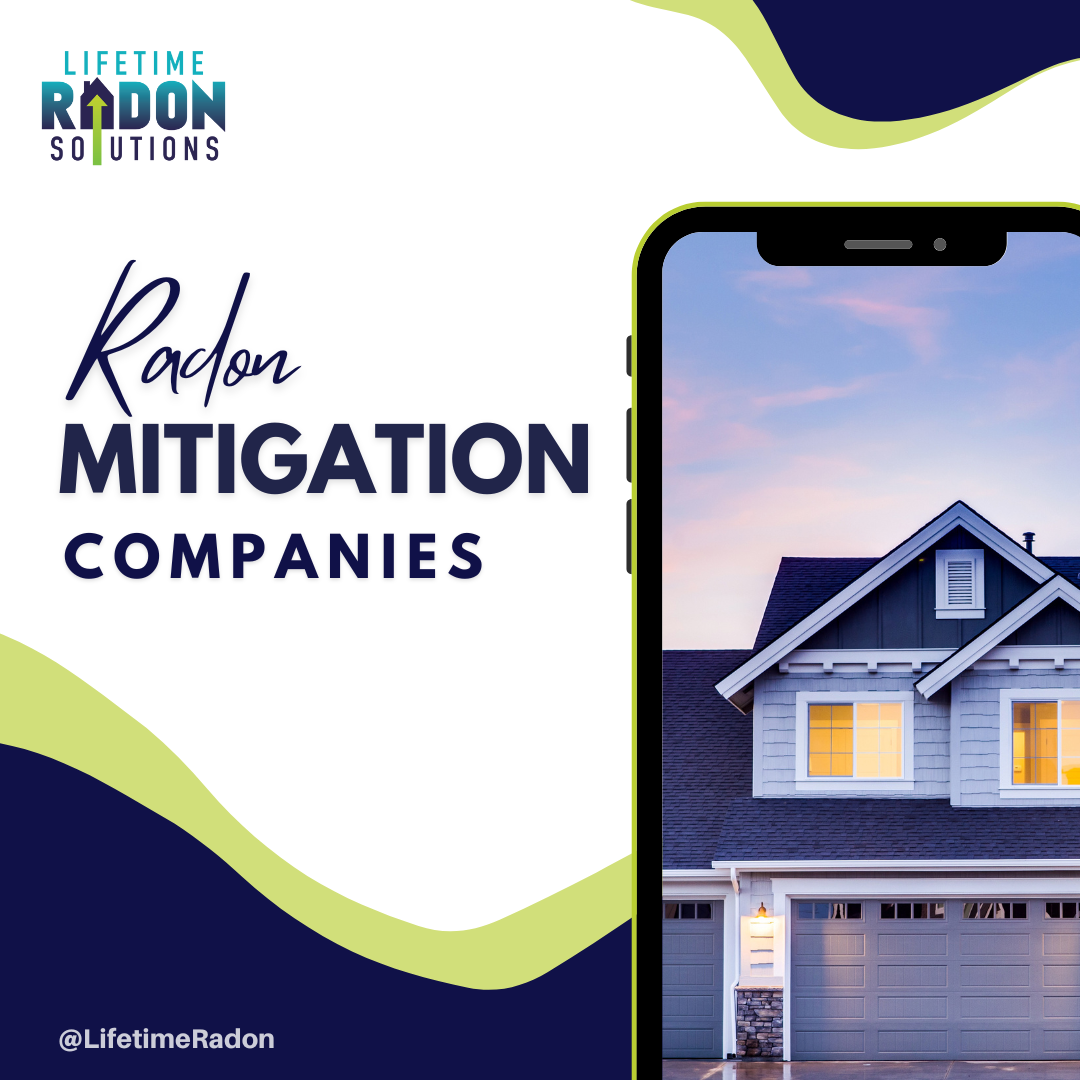
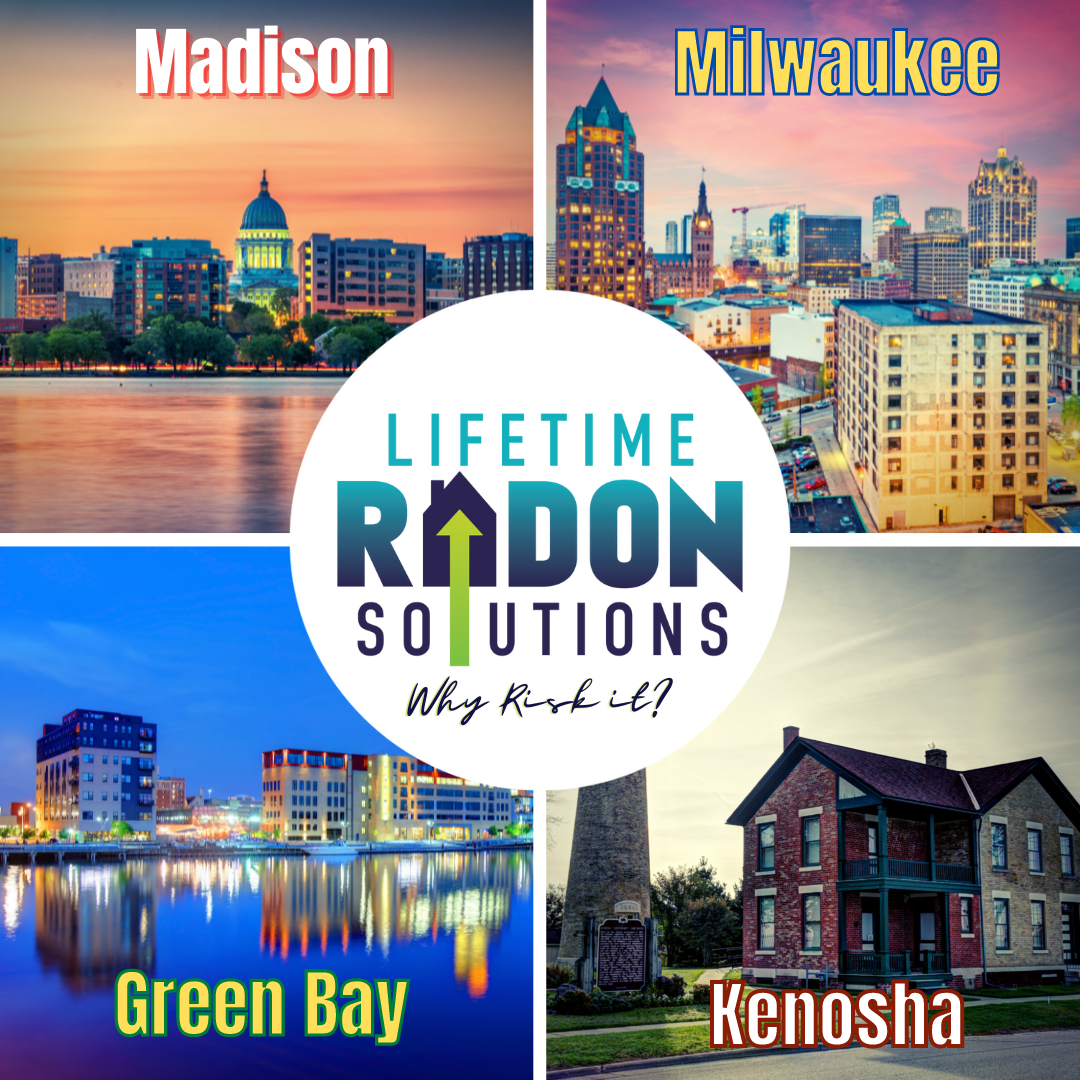
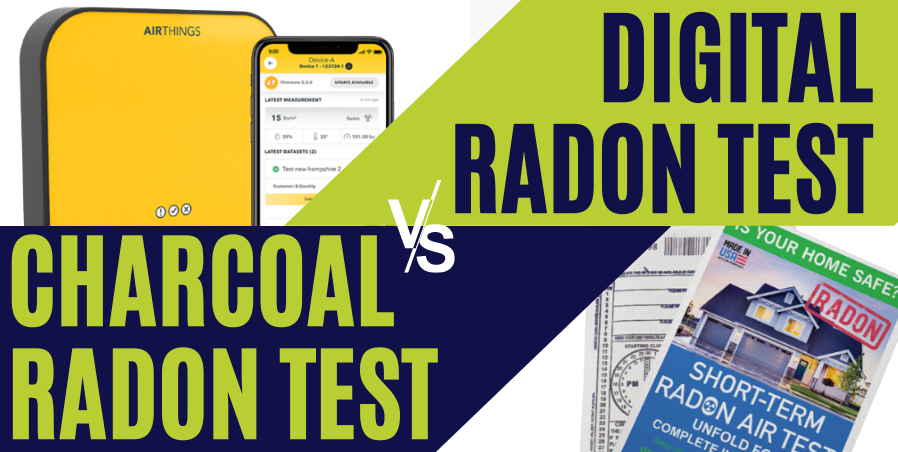
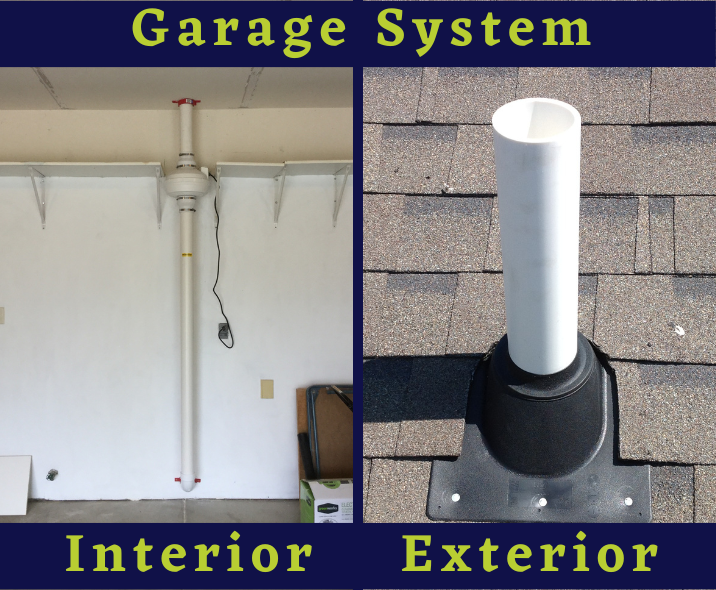
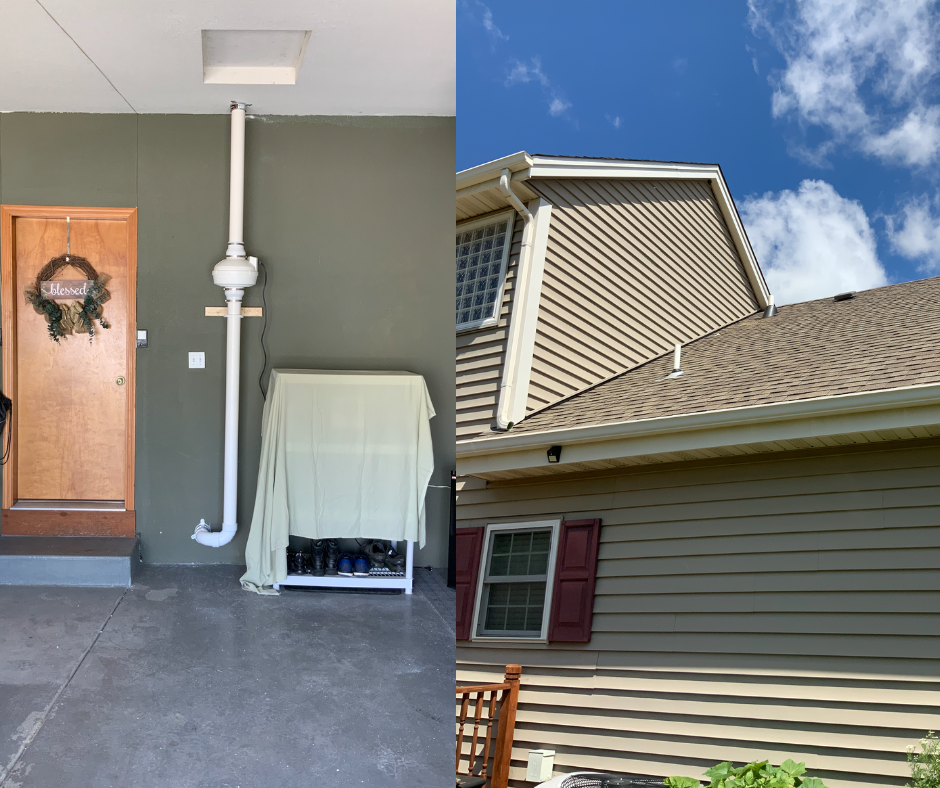
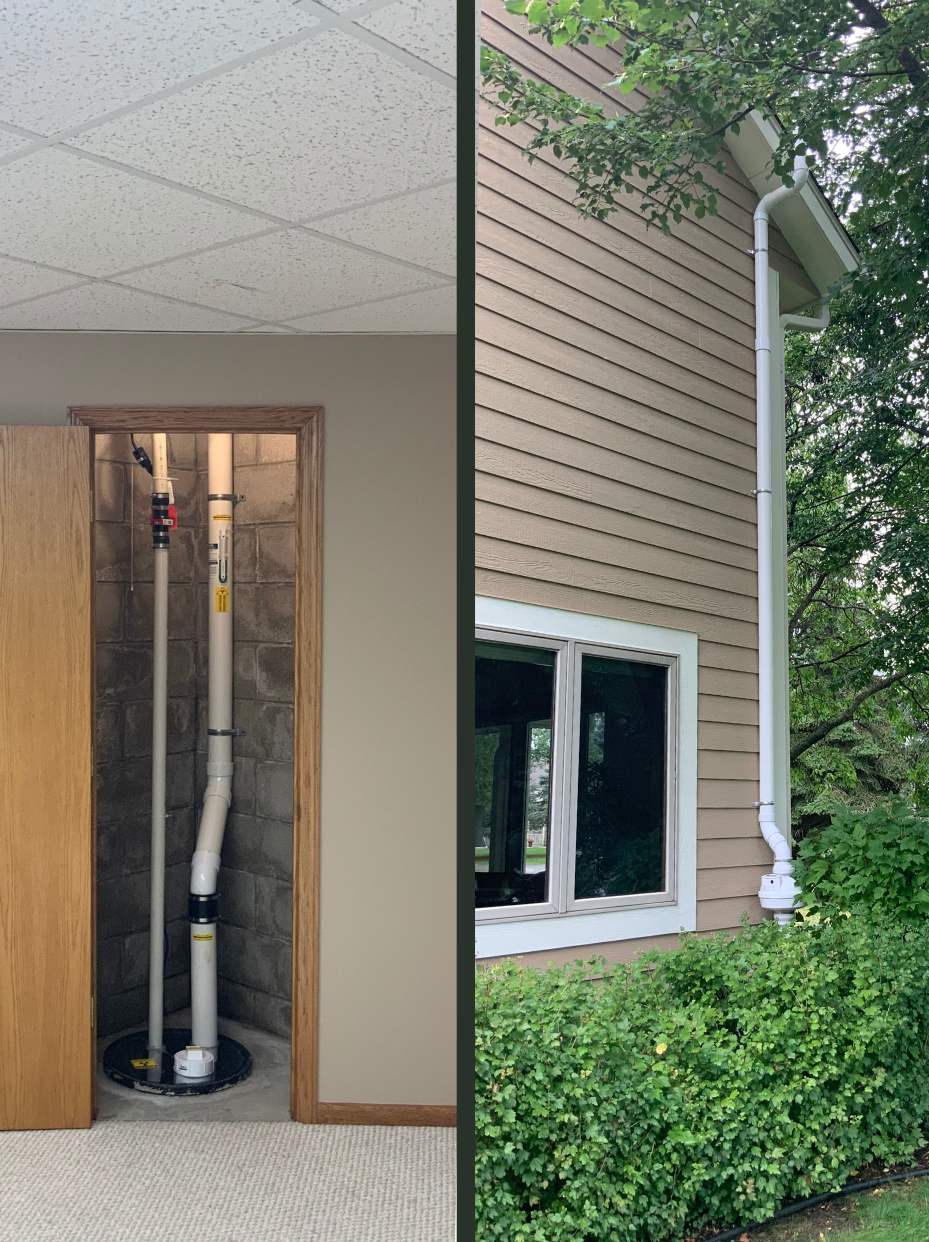
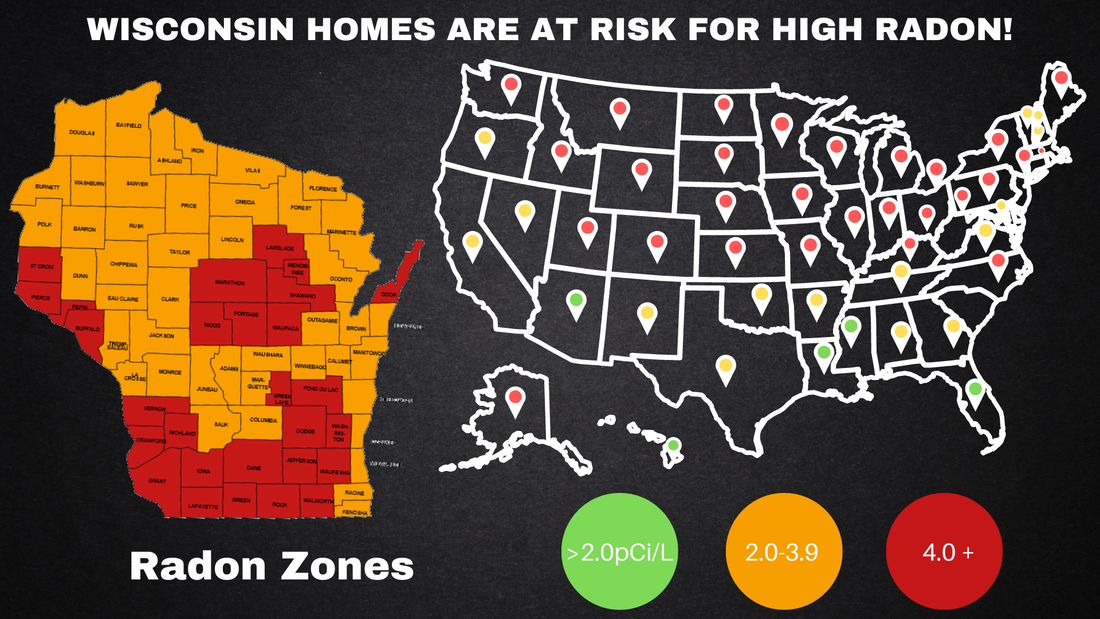
 RSS Feed
RSS Feed